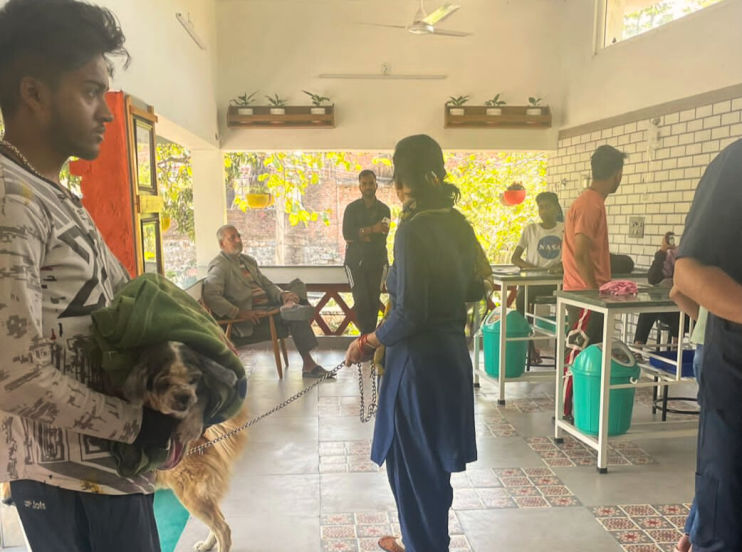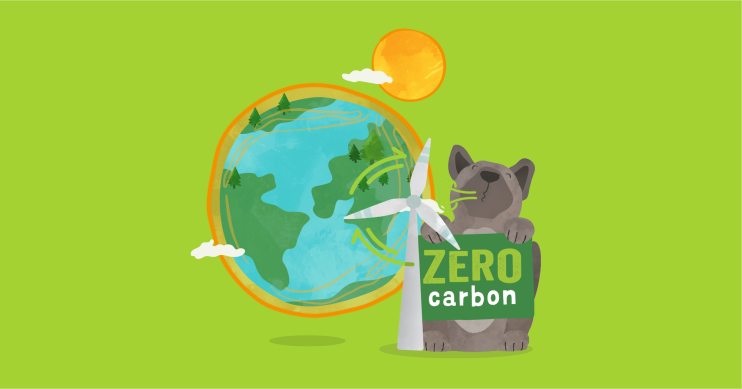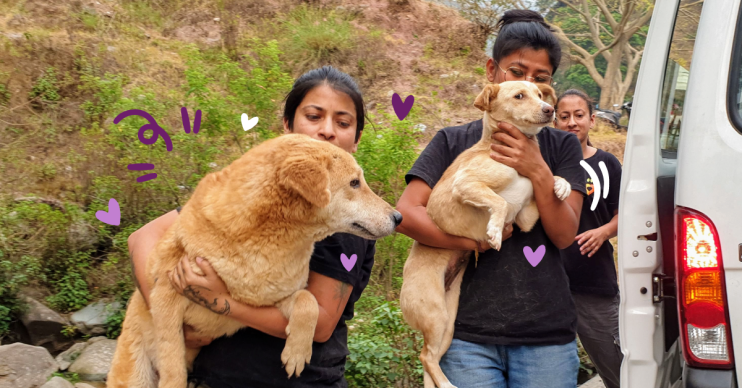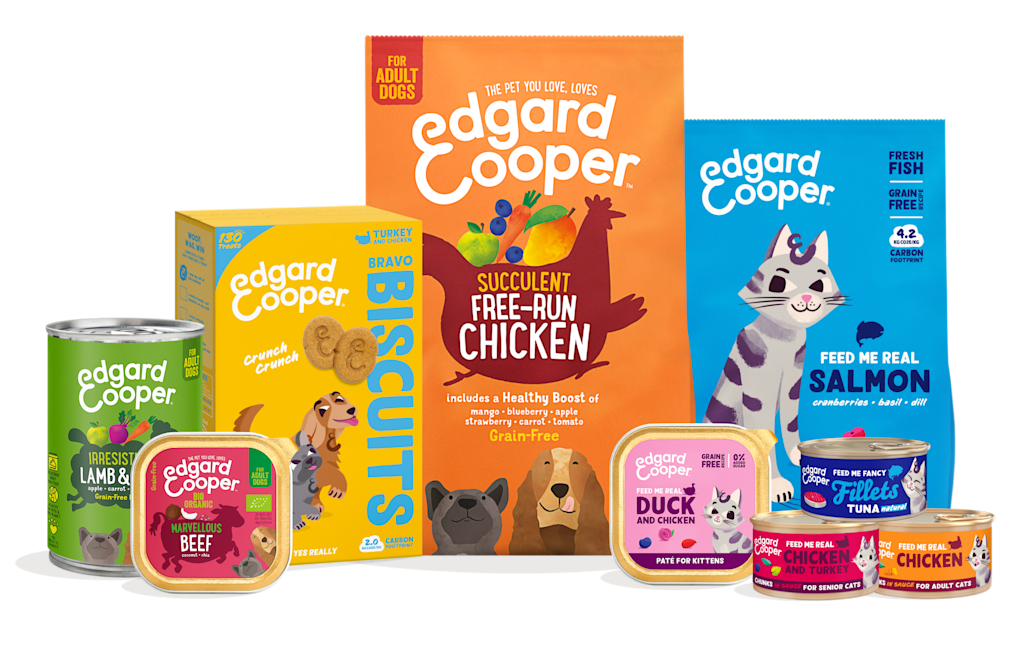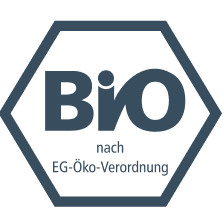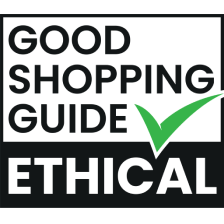Can I compost dog or cat waste?

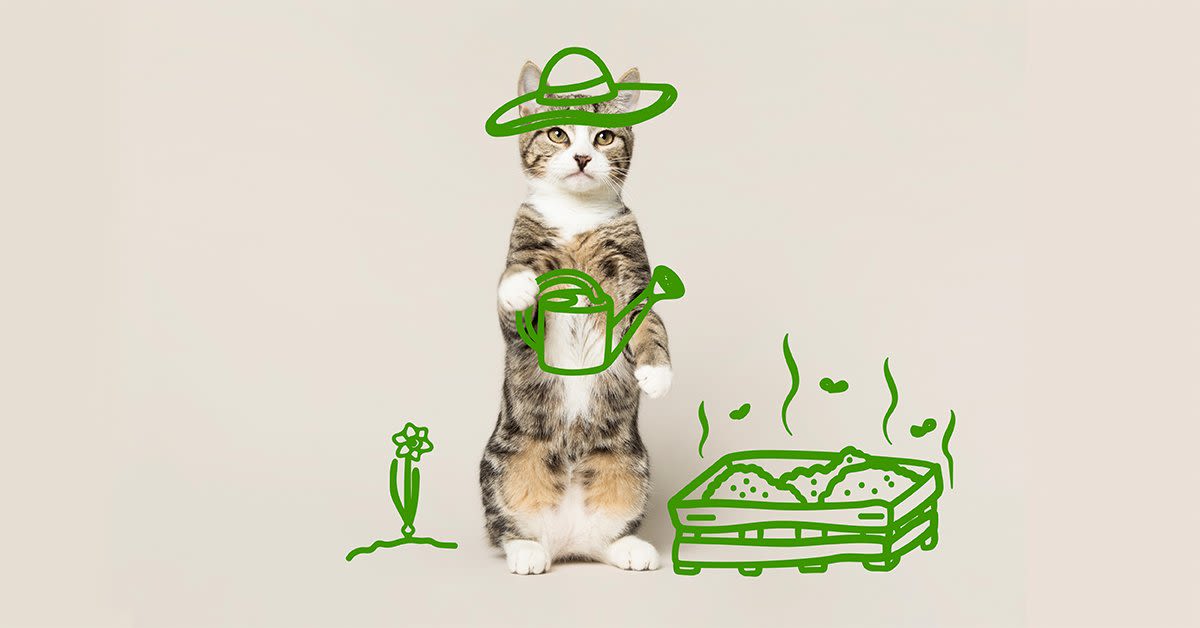
We can't ignore it: 840 million cats and dogs worldwide doing their business at least twice a day, that kind of output has consequences. Poop that’s not cleaned up can easily spread bacteria. But on the other hand, single-use plastic bags are terrible for the environment. Could composting pet poop be the solution? We looked into it.
Why compost it?
For hygienic reasons, dog and cat waste does not belong in the green bin. So all you can do is collect all faeces in the general waste. Composting could therefore significantly reduce the amount of waste created by your pet. And what’s more, you can use the composted material to improve the soil in your garden.
But composting animal poop is not without risks. If you decide to compost dog or cat waste, we strongly recommend that you only use your own pet's waste. You never know what diseases other dogs or cats might carry. In order to kill bacteria (also from your own pet), it’s recommended to engage in hot composting and to keep the compost bin far away from your vegetable garden. Another small detail: pet excrement has a very strong smell.
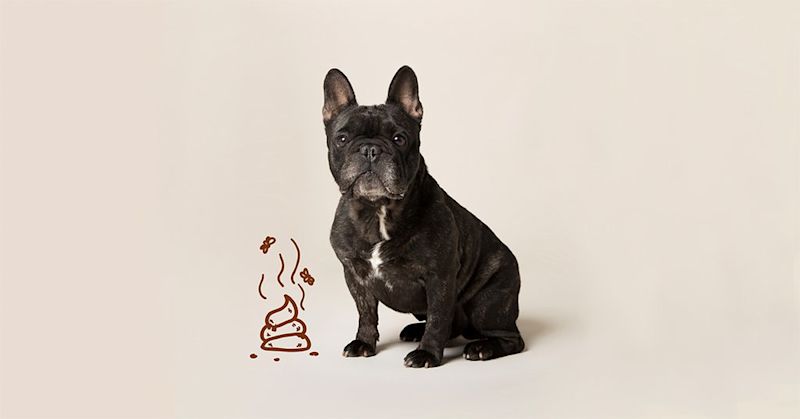
Why not compost it?
Fertilizer from carnivores, such as dogs, cats or even humans, is completely different from that from herbivores, such as cows. First of all, it doesn't breakdown very well. Secondly, it can attract a lot of vermin. And thirdly, it's a recipe for all kinds of germs. Composting without due concern can therefore pose a considerable danger to human health.
Dog waste
Dog poo is full of bacteria and worm eggs. In particular, the ascaris worm, a kind of roundworm, presents a danger. The eggs can survive for ages after they've left your dog’s body. Which means you have to be really careful about where and how you use your compost.
Ascaris worm eggs can survive in the human body, eventually hatching into larvae and causing inflammation. The good news (!) is, ascaris larvae don't usually grow into adult worms in humans.
Cat waste
Cat poop contains the Toxoplasma gondii parasite, which causes Toxoplasmosis. This disease is especially dangerous for pregnant women. You can get an infection by eating meat or fish that has not been heated enough, by drinking contaminated water or by eating unwashed vegetables. It’s also important to watch out for the ascaris worm if you have cats.
Conclusion
We don’t recommend the composting of dog and cat poop. Of course, it would be ideal to give nature a helping hand. But if this is at the expense of your own health, we prefer to look for a less dangerous alternative.
For example, there are now dog toilets, which safely break down dog poo. These dog loos use a harmless digestive powder with enzyme processing and some lukewarm water, which biologically break down your dog or cat’s poop. A worthy alternative, if you ask us.
About Edgard & Cooper

Joyful pet food
Eating is one of life’s simple joys, so why overcomplicate things? Unlike most other pet foods, we treat nature’s ingredients with respect and make food that’s naturally healthy and full of flavour.

Play nice with nature
We’re on a mission to become the world’s most sustainable pet food. We love nature, so we pledge to make real, lasting change through our targets of zero carbon, fully sustainable packaging and ethically sourced ingredients.

Friends stick together
We donate 1% of our sales to the Edgard & Cooper Foundation, which works with charities that improve the lives of cats and dogs today, while protecting them tomorrow.
